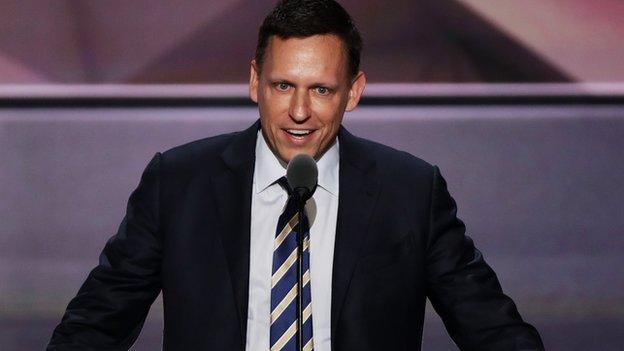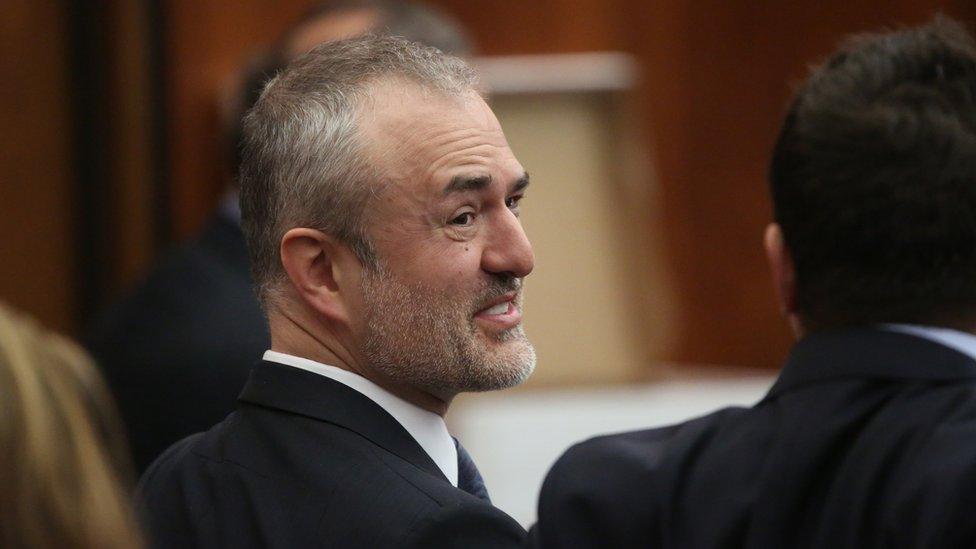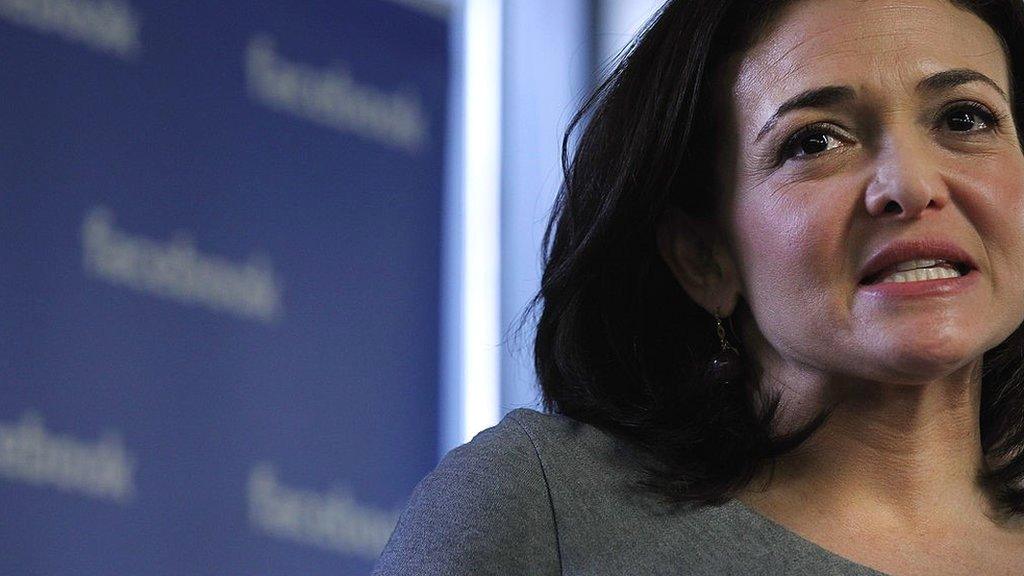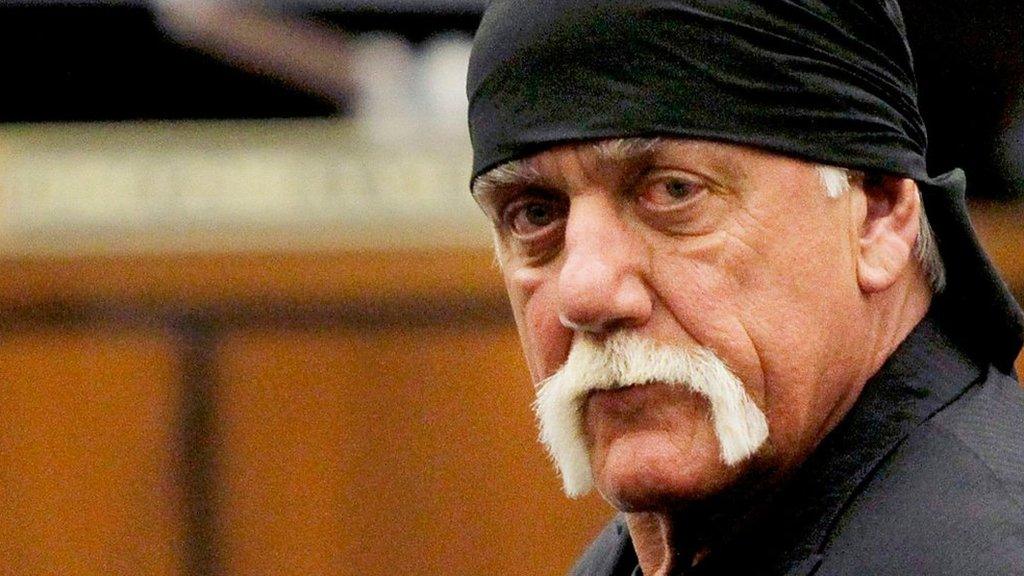Gawker case: Thiel is 'serious threat' to press freedom
- Published

Peter Thiel funded a legal battle against Gawker Media
A leading tech entrepreneur has been branded a "serious threat" to press freedom after he defended funding a legal case that bankrupted a news site.
Peter Thiel backed the wrestler Hulk Hogan's privacy case against Gawker.
In a New York Times article on Tuesday, he said his own privacy had also been "violated" by the site and he wanted to protect press freedom.
But the campaign group Reporters Without Borders (RSF) criticised his "secret" involvement in the case.
While Mr Thiel was "asking the right questions", the campaign group said, it could not stand behind the answers he had come up with because they represented a "serious threat to the basic principles we… are defending: freedom of press and independence of media".
Gilles Wullus, of the group, told the BBC: "These principles are universal.
"Journalism ethics should be taken care of by journalists themselves and are ultimately a matter of public and free debate.
"In case they do not, we think that nobody else can do it in their place, neither states, nor governments; especially not wealthy individuals.
He said that Mr Thiel's campaign was "nothing different to governments using legal or economic leverage to shut down a media that happens to displease them".
"It is even less defensible that this was kept secret," Mr Wullus said.
"RSF knows about thousands of cases like this."
'Violated privacy'
In an article published by the New York Times on Tuesday, Mr Thiel said that Gawker had revealed his sexuality to the wider world in 2007.
In that piece, the media organisation had covered the scarcity of out gay people in elevated positions within Silicon Valley.
But Mr Thiel said the article had taken away his ability to choose when to tell people about his sexuality.
"Gawker violated my privacy, and cashed in on it," he wrote.
The recent case Mr Thiel funded was brought by Hulk Hogan, whose real name is Terry Bollea, after Gawker Media published a video of the wrestler having sex with his former friend's wife.
Gawker claimed it had a right to publish the video, while Mr Hogan successfully argued it had been an invasion of his privacy.
It transpired that Mr Thiel, who co-founded PayPal and was an early stakeholder in Facebook, had funded that legal fight and he said he had sought others to back it as well.
"For my part, I am proud to have contributed financial support to [Mr Hogan's] case. I will support him until his final victory - Gawker said it intends to appeal - and I would gladly support someone else in the same position," Mr Thiel wrote.
'Free press'
Gawker, which filed for bankruptcy and was put up for sale as a result of the ruling in Mr Hogan's favour, is being bought by the US-based Spanish-language broadcaster Univision Holdings. Its $135m (£103m) bid beat competition from the American media company Ziff Davis.
The deal still depends on approval from a bankruptcy judge.
Gawker Media's chief executive Nick Denton also filed for personal bankruptcy.
Mr Thiel said he did not feel it was up to him to decide what constituted justified journalistic coverage.
"A free press is vital for public debate," he said.
"Since sensitive information can sometimes be publicly relevant, exercising judgment is always part of the journalist's profession.
"It's not for me to draw the line, but journalists should condemn those who wilfully cross it.
"The press is too important to let its role be undermined by those who would search for clicks at the cost of the profession's reputation."
- Published17 August 2016

- Published10 June 2016

- Published2 June 2016

- Published27 May 2016
